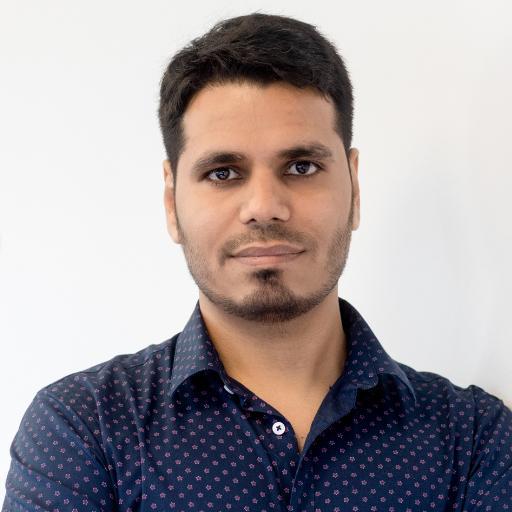Your company has a mandate to go to the cloud and now it’s time to decide which services to use to help your business grow. You might be wearing several hats or you might be a dedicated IT professional and the responsibility has now been handed to you. So what do you do?
First, take a breath. Now, understand that whatever point your company is at in its growth stage, adopting the right services at the right time can help make or break your overall infrastructure. When it comes to choosing an enterprise file sync and share (EFSS) provider, there are a few factors to consider before signing on the dotted line.

Many IT professionals have migrated from a “mandate” to “recommend” mindset. That’s because users have been able to adopt many cloud services on their own, thanks to their credit cards. While these cloud apps aren’t always IT-sanctioned, it’s hard to argue with an employee who’s just trying to get his or her job done in the most efficient way possible. That being said, it takes just one data breach to lose the public’s trust or to have your trade secrets compromised. Finding a solution that “embraces” Shadow IT while still giving IT the visibility and control that it needs will help users avoid “organ rejection” to your EFSS choice.
An EFSS provider should offer a mobile experience that’s comparable to being in the office because we all know how that a lot of work actually gets done outside the walls and regular business hours of our organizations. Usability is just as important; the solution needs to integrate into users’ most popular apps and their normal workflow. To take it one step further, the solution should offer a unified experience, one where users and IT can store, access, share and manage all of their files, regardless of where the files reside. If it feels like the same group of “repeat offenders” continue to bypass the IT-recommended solution, you’re right. These are the employees that must share files and use business apps to import and export the data and tools they need – all while working on the go. It’s no coincidence that these are usually the same people who exceed sales quotas and run circles around your average employees. Make these users happy and all boats will rise in the tide.
As CEO of an ever expanding, dynamic company, I always want to know my options and if the choices I make today will fit the needs of my business tomorrow. My advice when considering an EFSS provider is to ask yourself, “Will this solution fit within my current user and IT infrastructure today and can it adapt to future changes in my business?” And probably the most important question of all: “Does it let me scale on my own terms?” If your company is on a rapid growth path, it will be important for you to be able to adjust on the fly and engage your cloud infrastructure accordingly. Whether you want a limited number of employees and small data sets or your entire organization and large data sets living in the cloud, you should be able to dictate how you scale your infrastructure and not be a slave to your provider.
At the rate technology is evolving today it is important to have flexibility and allow your infrastructure to grow, versus completely changing every few years. Therefore, I recommend engaging with an EFSS solution that is built on an open infrastructure that can leverage any cloud provider, any storage environment, any device and any application. This will not only set you up for the future, but it will allow you to leverage existing IT investments you have already made. Ultimately, this is not an overnight decision and something that will require some due diligence. So be patient and make the decision that is right for you and your company. Remember, this is one of the few decisions you will make that can have a major impact in the short term and long term, not just for IT but also for your entire company!
By Vineet Jain





